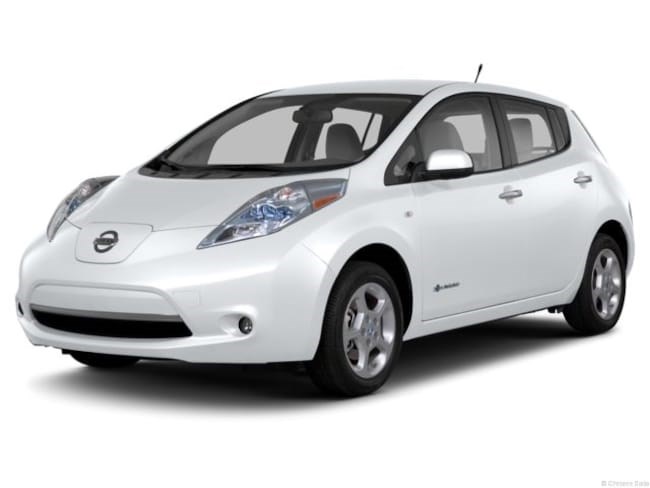We’ve had our used 2013 Nissan Leaf for four years. After recycling a 2001 VW Jetta with the B.C. Scrap-it Program, we paid just under $17,000 for the Leaf, all in.
A quick look online reveals there are still used Leafs around the province for under $20,000. You would be hard pressed to find a comparable, used gas-powered vehicle of the same vintage and mileage for less money.
In the four years we’ve owned it, the only maintenance we’ve faced is replacing the tires. No oil changes, no exhaust-system issues, no anti-freeze, no knocking and pinging, nothing. Electric-car maintenance for us has worked out to be $12.50 a month over four years compared with the average for gas-powered vehicles as reported by the Canadian Automobile Association at $40 to $60 per month.
We charge it twice a week, on average: Once at home and once at a no-fee community charging station. A friend who is an electrician calculated that it costs us about $5 a charge at home. Therefore, our fuel costs (electricity) for our EV are about $20 a month, compared with $75 to $250 per month for gas, depending on the vehicle size.
If you do the numbers, we pay about $35 a month for fuel and maintenance versus $200 a month or more on average for gas-powered vehicles.
Much is made about replacing the battery (see “Ministers ignore cost of electric cars,” letter, April 16). When the time comes, the author says, it’s $4,000 for a new one. My information is that it will be closer to $6,000. Because there are so few parts in an electric vehicle that wear out, when you get a new battery, you essentially have a new car for the price of a new battery.
Maybe the economic point of view should be: When it comes time to replace your gas vehicle, can you replace it or make it like new again for $6,000?
We have a four-cylinder gas vehicle for longer trips. It doesn’t get driven much. The Leaf is our everyday vehicle, and it’s so much fun to drive. It’s fast and nimble, even with four passengers. If you need a commuter or a car for running around town, it’s a no-brainer. With the back seats down, there’s so much room to haul stuff, it’s like having a small truck. And if you drive an EV for a while and then are a passenger or driver in a gas-powered vehicle, you yearn for the quiet of your EV.
Fear of running out of a charge? Get over it. You can just as easily run out of gas. Besides, these days, there are many charging stations. A little planning and lots of indicators on your dash and it shouldn’t happen. If you’re really paranoid, just take your charging cable with you and if push comes to shove, you can plug into any conventional 110-volt receptacle.
And finally, when we drive, we emit no carbon and no pollution. Sure, there was a carbon footprint during its manufacture, but we lessened that by buying used. Bottom line, when we drive our EV, there are no emissions. Gas vehicles cannot say that. Surely, that’s priceless. Especially when you include the costs of more forest fires, more water shortages, more storms, more sea-level rise, and on and on.
All that said, the best part of driving our humble little EV is seeing the shock and awe on the faces of those Porsche, Mercedes and Corvette drivers whom I absolutely leave in my dust when red turns to green.
Dave Secco is a Victoria resident who promotes sustainability.



